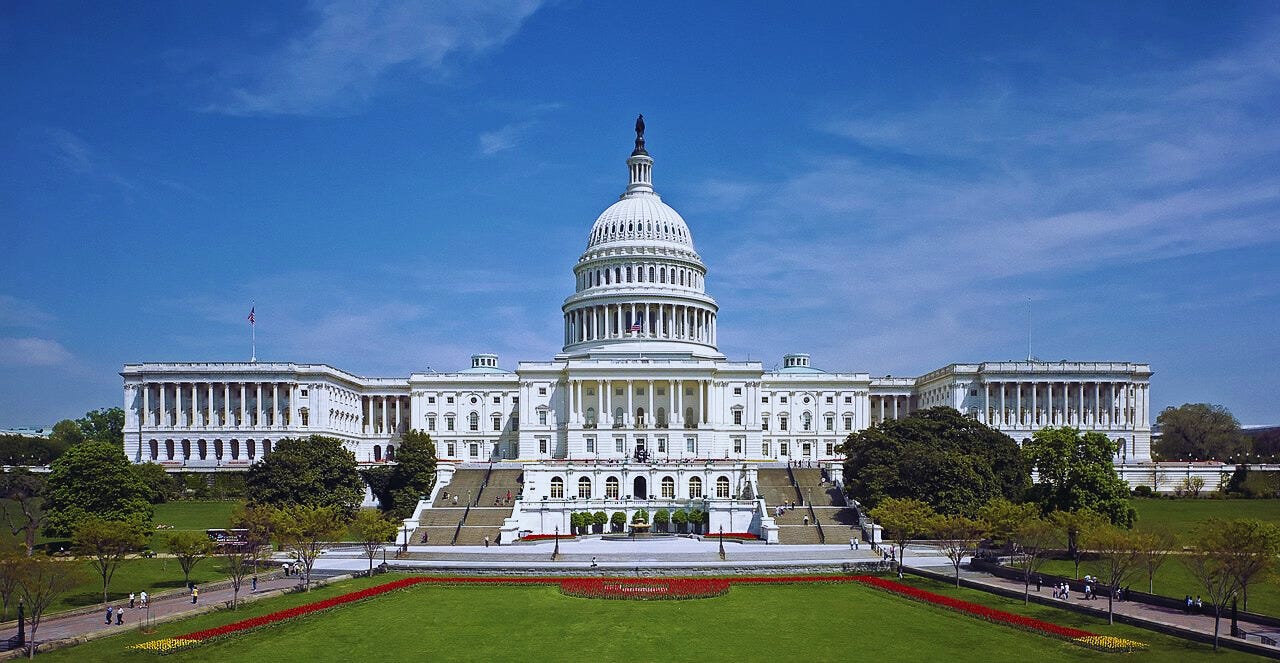Pew: Percentage of Christian members declines slightly in the upcoming 119th Congress
While Congress adds two Hindus and two “nones,” it still remains mostly Christian.
The upcoming 119th U.S. Congress will see a slight decrease in the percentage of Christian members, representing 87% of voting members, a decline from 88% in the previous session and 92% a decade ago, according to a Pew Research report. It marks the lowest number of Christians in Congress since the 2009-2011 session, with 461 members compared to 469 previously.
Despite the decline, Christians still constitute a significant majority in Congress, far surpassing the national average of 62% among U.S. adults. The numbers highlight the continued prominence of Christians in legislative roles compared to the overall population.
Historically, the percentage of Christians in the U.S. has seen a substantial decline over the decades, with 78% of American adults identifying as Christian in 2007, down from over 90% in the early 1960s. This shift reflects broader changes in religious affiliation among the American populace.
For the report, Pew defined the “Christian” category as members of Congress identifying as Protestants (55.5%) including Baptist (14.1%), Methodist (4.9%), Presbyterian (4.9%), Anglican/Episcopal (4.1%), Lutheran (3.6%), Nondenominational (2.4%), Restorationist (0.8%), Congregationalist (0.6%), Pentecostal (0.4%), Reformed (0.4%), Adventist (0.2%), Pietist (0.2%), and Unspecified/other (19%). Others counted by Pew as Christian include Catholic (28.2%), Latter-day Saint (Mormon) (1.7%), Orthodox Christian (1.1%), and Messianic Jewish (.02%).
Non-Christian groups listed were Jewish (6%), Muslim (0.8%), Hindu (0.8%), Buddhist (0.6%), Unitarian Universalist (0.6%), Humanist (0.2%), Unaffiliated (0.6%), and Don’t know/refused (3.9%).




